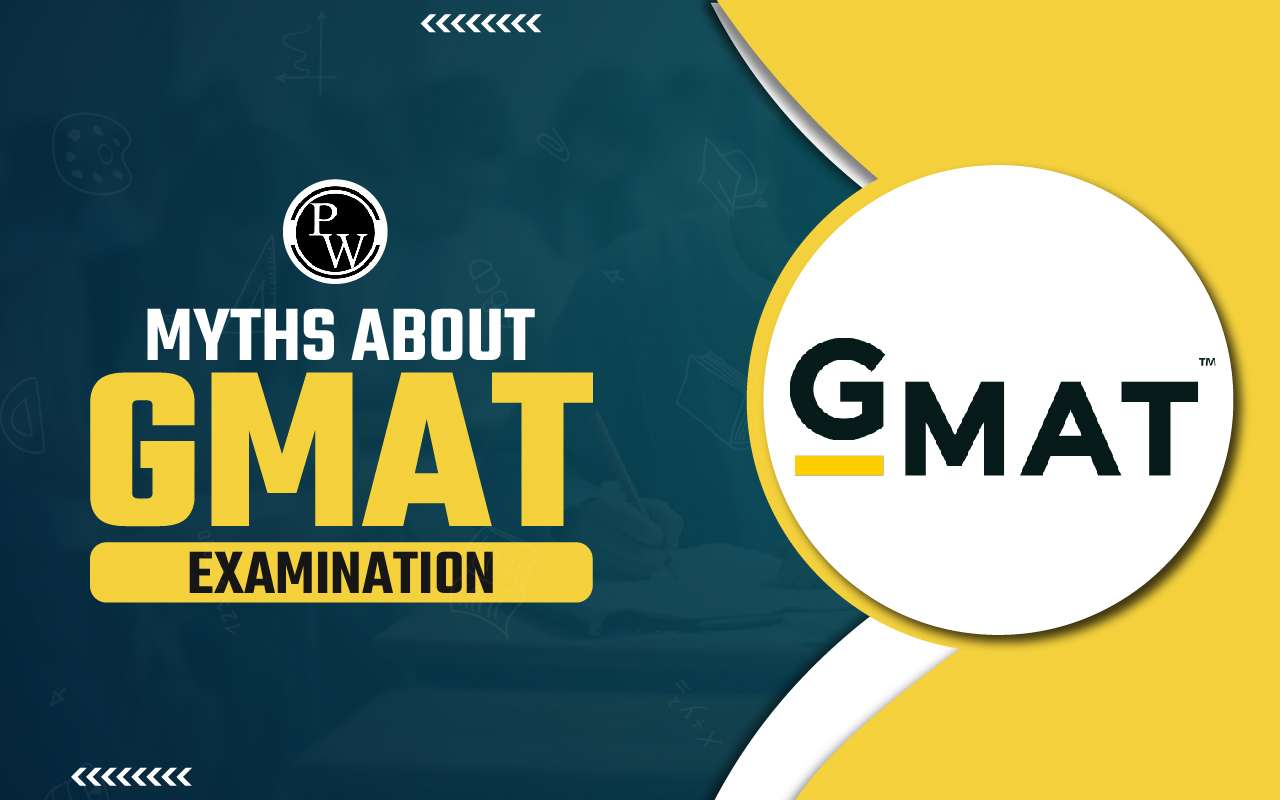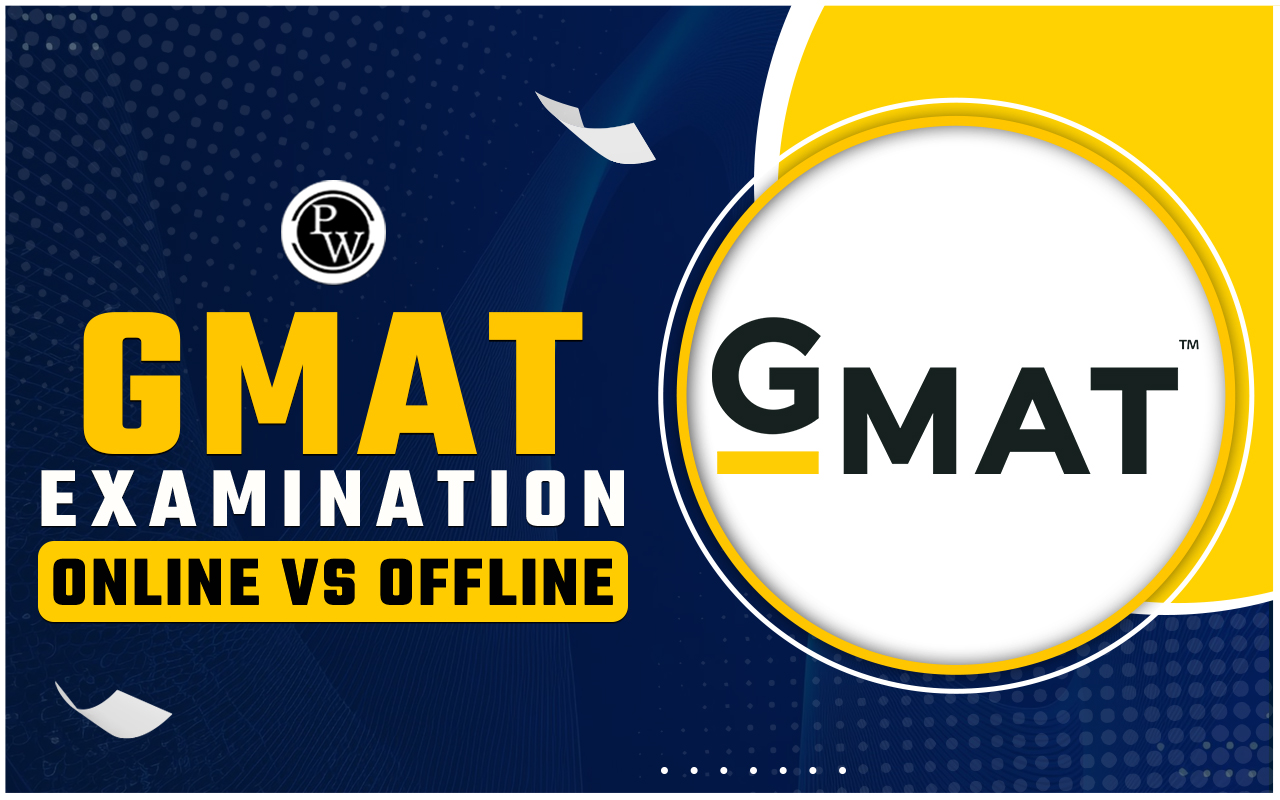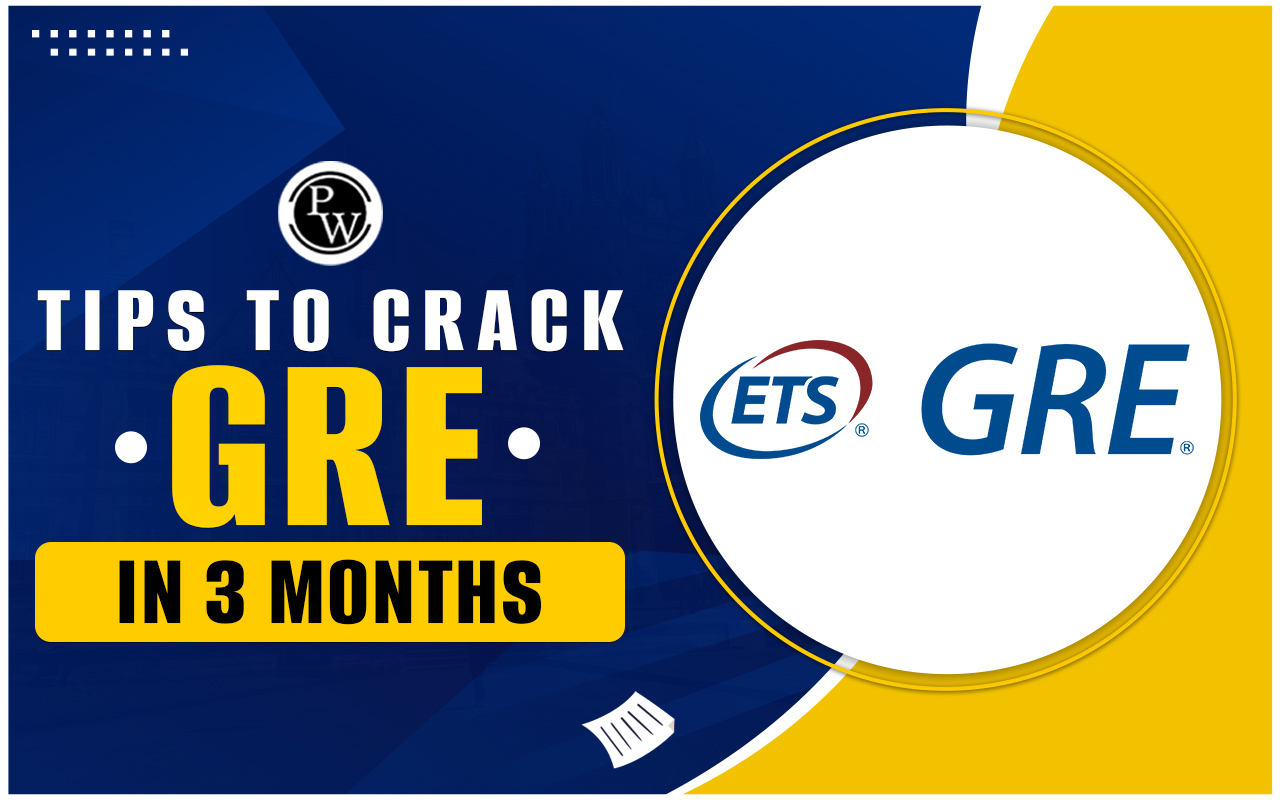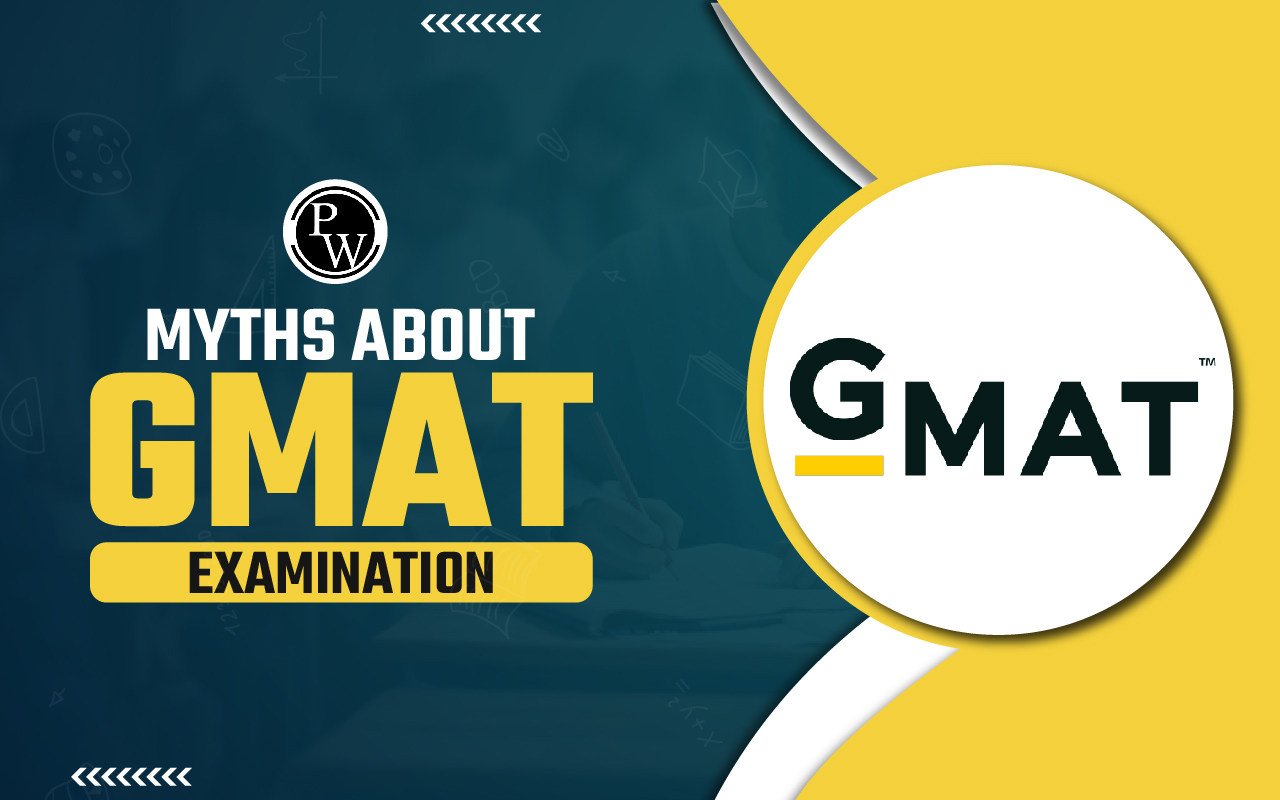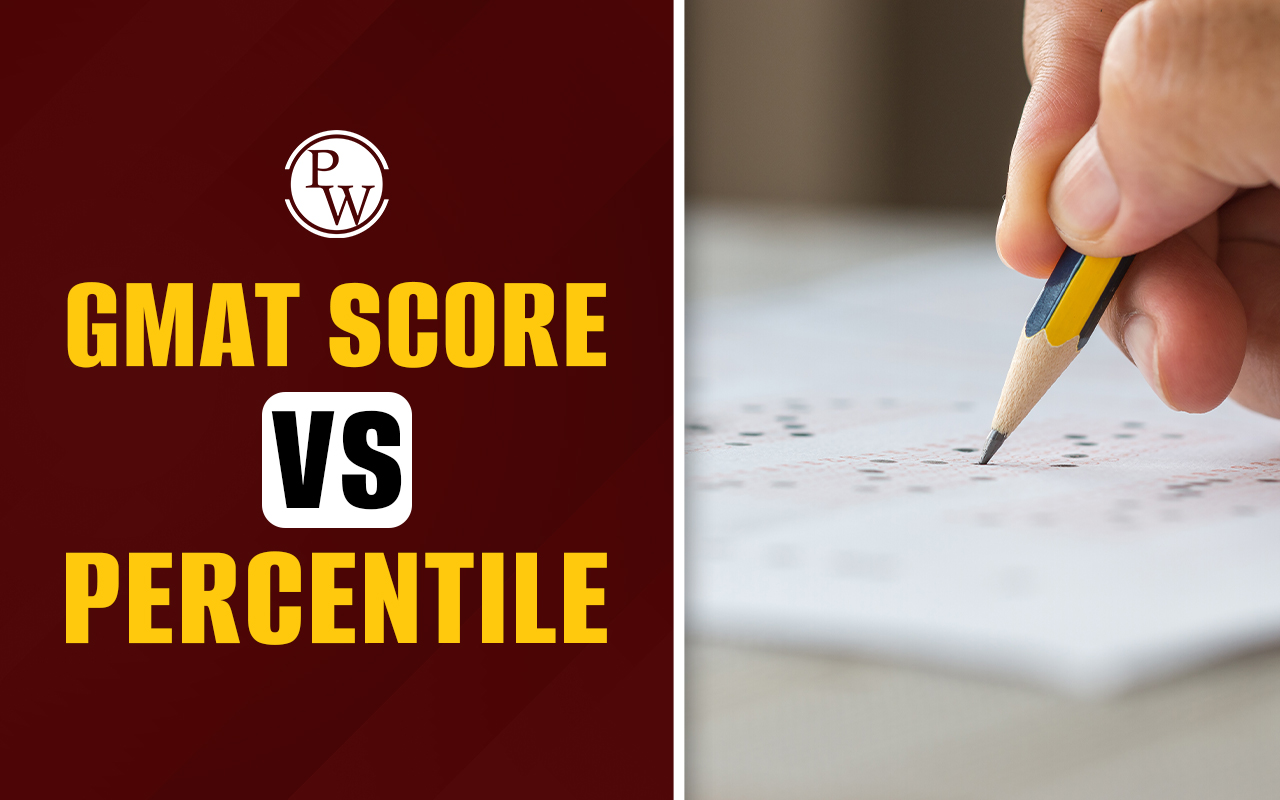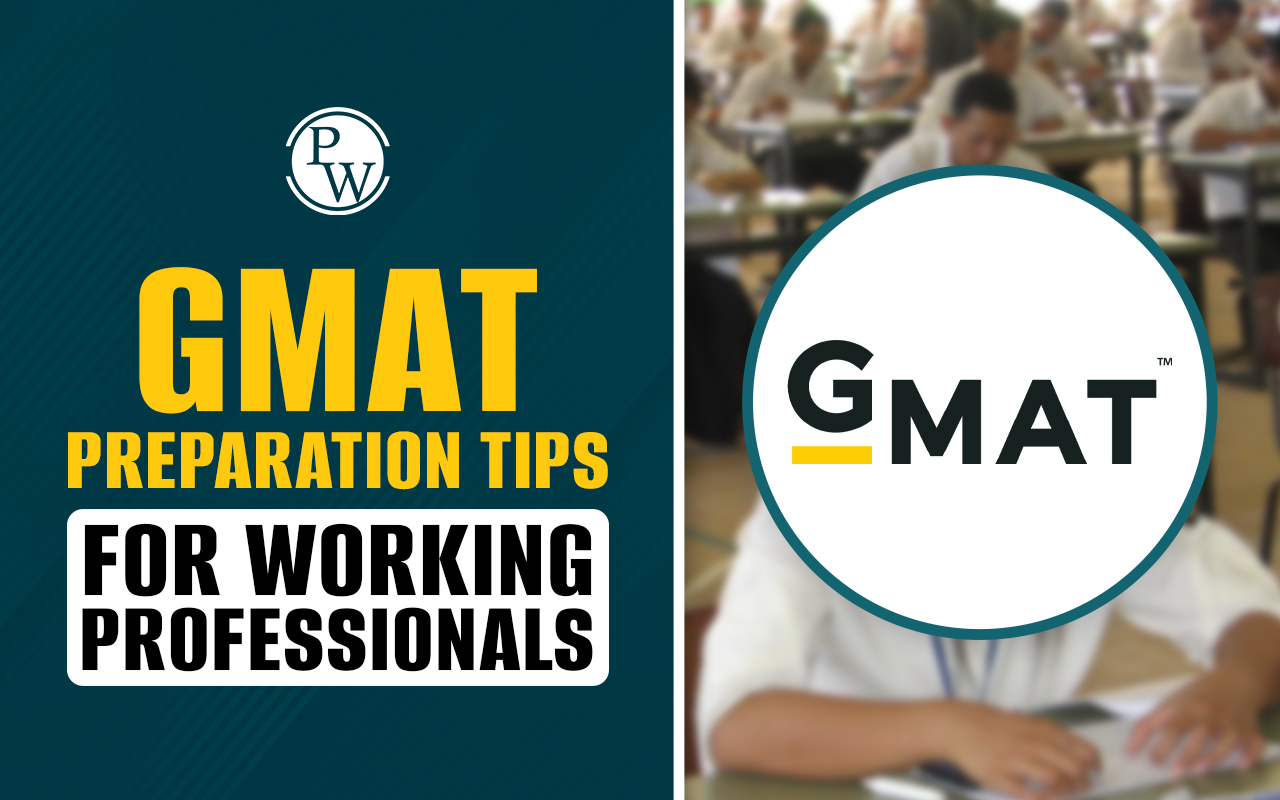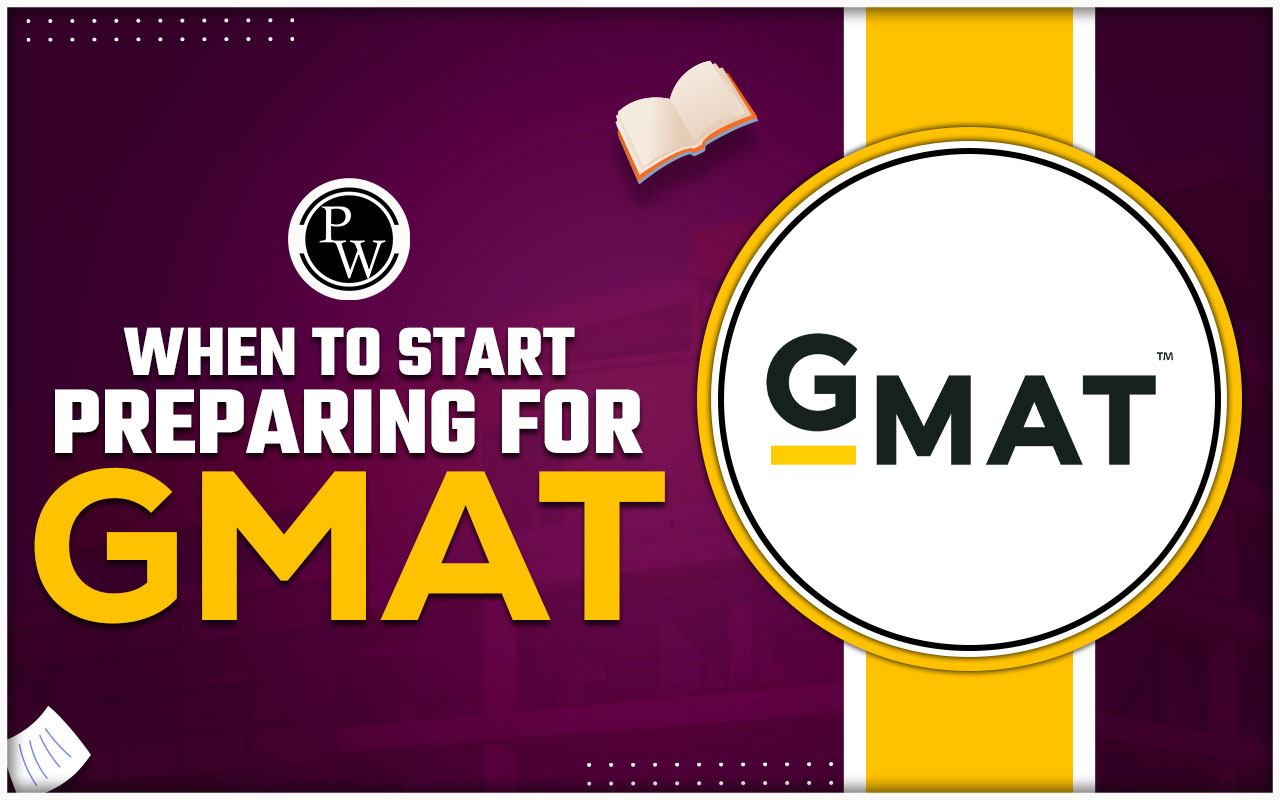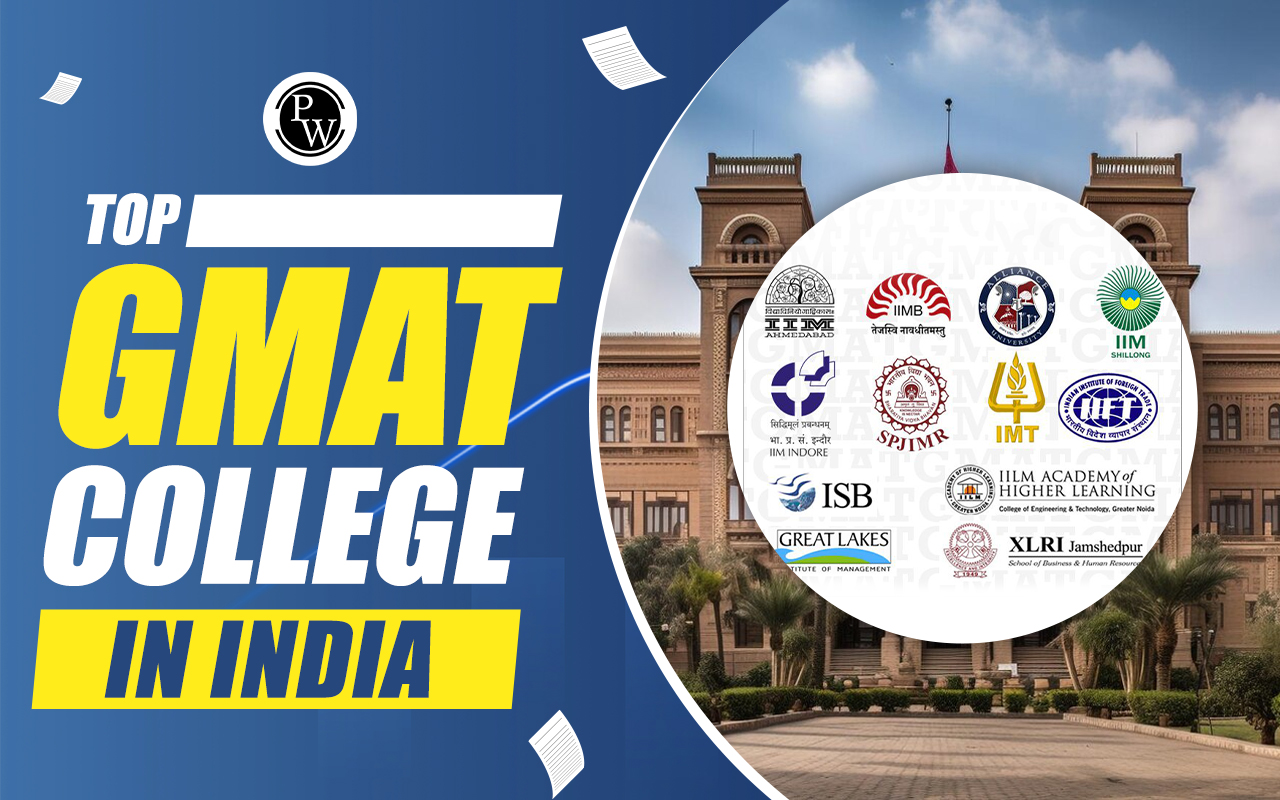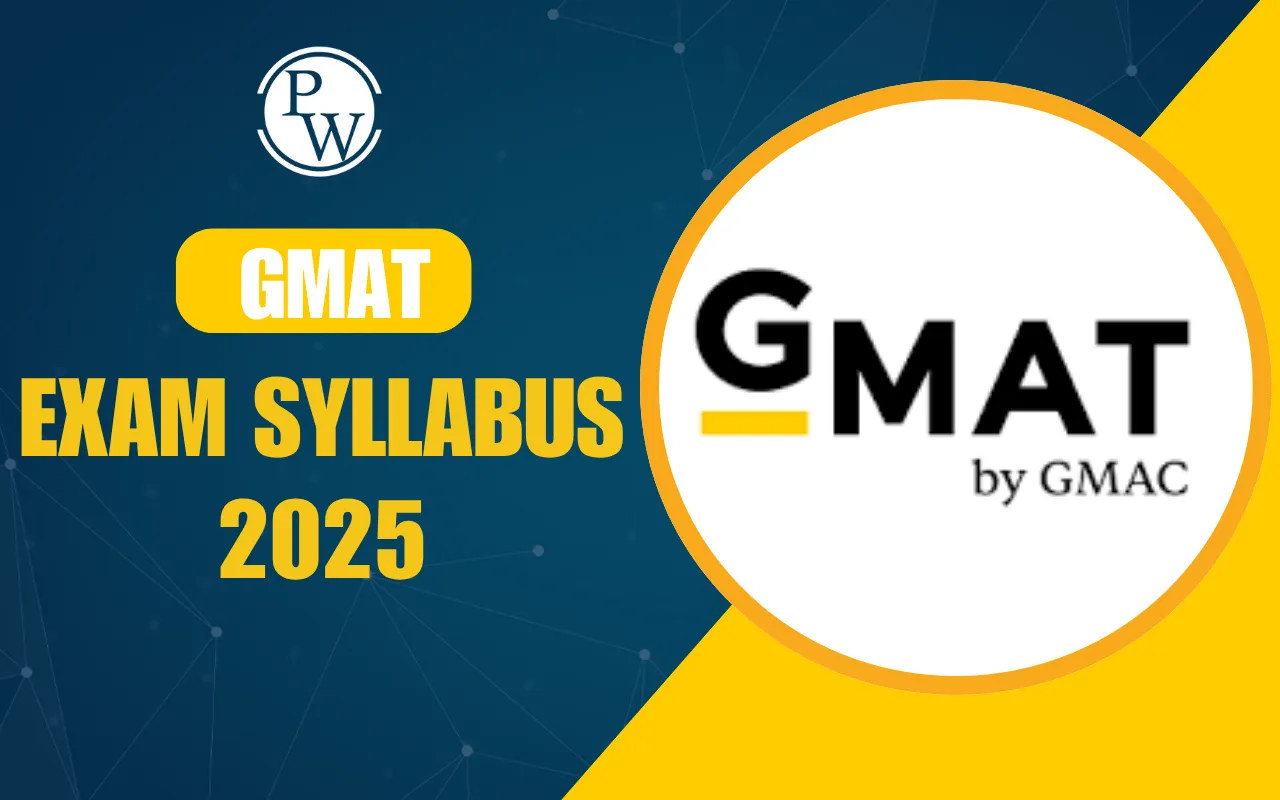
GMAT Topics: The GMAT (Graduate Management Admission Test) is an important part of getting into many business schools. It helps test skills needed for success in graduate management programs. The exam has three main sections: Quantitative Reasoning, Verbal Reasoning, and Data Insights. Each section has different question types that test various skills.
- In the Quantitative Reasoning section, you’ll find questions on topics like arithmetic, algebra, and statistics, covering areas like number properties, functions, and probability.
- The Verbal Reasoning section tests reading comprehension and critical reasoning skills through passages that require analysis and understanding.
- Finally, the Data Insights section focuses on interpreting data and making decisions based on information shown in graphs and tables.
GMAT Topics
The GMAT tests you on both Quantitative (math) and Verbal (English) topics. In Quantitative, you solve math problems and check if information is enough to answer questions. In Verbal, you answer questions about reading passages, grammar, and logical arguments. Both sections check how well you understand and use math and English in real-life situations.
Overview of GMAT Quantitative Topics
The GMAT (Graduate Management Admission Test) is a standardized exam used for admissions to business schools. The Quantitative Reasoning section assesses mathematical skills necessary for success in graduate management programs. With the introduction of the GMAT Focus Edition in 2024, the structure and content of the exam have evolved, emphasizing critical reasoning and data literacy.GMAT Quant Topics
GMAT Quant topics include Arithmetic, Algebra, and Geometry. In Arithmetic, you solve problems about numbers, percentages, and ratios. Algebra questions ask you to work with equations and expressions. Geometry questions test your knowledge of shapes, angles, and measurements. You will also find word problems that mix these topics together.
Most Common Type of Questions on GMAT Quant
The most common types of questions on GMAT Quant are Problem Solving and Data Sufficiency. Problem Solving questions test your ability to use logic and math to find the right answer from five choices. Data Sufficiency questions give you a problem and two statements, and you have to decide if the information given is enough to answer the question. Both types check how well you understand math concepts and how quickly you can solve problems.
Key GMAT Topics in Quantitative Reasoning
The GMAT Focus Quant section consists of 21 questions that must be completed in 45 minutes . The primary focus is on Problem Solving , which includes various mathematical concepts. Below is a detailed breakdown of the topics covered:| Key Topics in GMAT Quantitative Reasoning | |
| Topic | Subtopics |
| Arithmetic | Fractions, Decimals, Percentages, Ratios |
| Algebra | Linear Equations, Quadratic Equations, Functions |
| Number Properties | Prime Numbers, Factors, Multiples |
| Statistics | Mean, Median, Mode, Standard Deviation |
| Probability | Basic Probability, Combinations, Permutations |
| Word Problems | Work Rate Problems, Mixture Problems |
| Coordinate Geometry | Graphing Lines and Curves |
Changes in the GMAT Focus Edition
The GMAT Focus Edition has made significant changes to the syllabus compared to its predecessor:- Elimination of Geometry Questions: Geometry questions are no longer included in the Quant section.
- Removal of Data Sufficiency Questions: These questions have been moved to the new Data Insights section.
- Focus on Problem Solving: The emphasis is now primarily on arithmetic and algebra.
Weightage of GMAT Math Topics
Different topics carry varying weightage in terms of frequency and importance. Here’s a rough estimate based on historical data:| Weightage of Topics in GMAT Quant | |
| Topic | Estimated Weightage (%) |
| Arithmetic | 30% |
| Algebra | 25% |
| Number Properties | 15% |
| Statistics | 10% |
| Probability | 10% |
| Word Problems | 10% |
Preparation Strategies for GMAT Quant
Students, to excel in the Quant section, consider these strategies:- Understand Key Concepts: Focus on understanding rather than memorizing formulas.
- Practice Regularly: Use practice tests and question banks to familiarize yourself with question formats and pacing.
- Review Mistakes: Analyze incorrect answers to identify areas needing improvement.
GMAT Topics FAQs
What are the main sections of the GMAT, and what do they test?
Which topics are most common in the Quantitative Reasoning section?
What types of questions are in the Verbal Reasoning section?
Has anything changed in the GMAT Quantitative section with the Focus Edition?
5. How can I improve on common GMAT topics for a better score?

